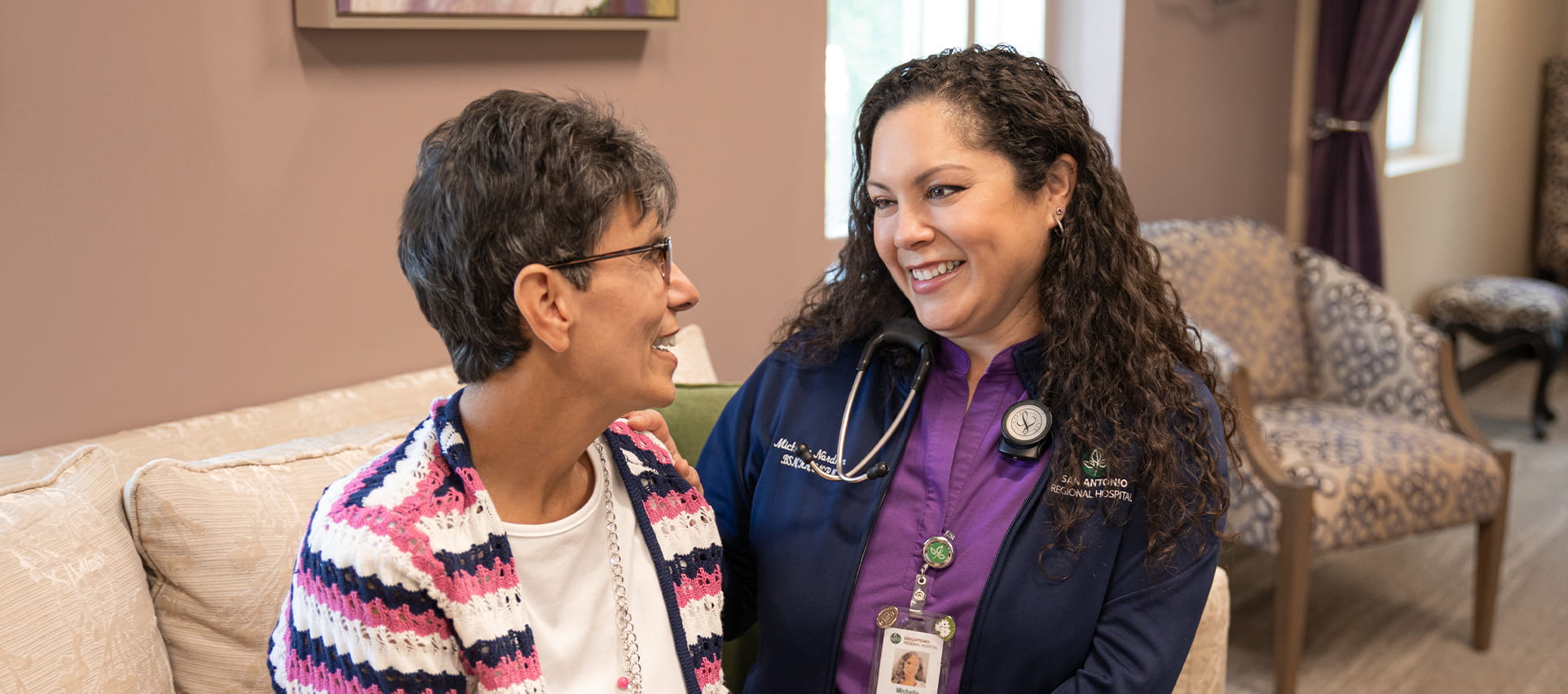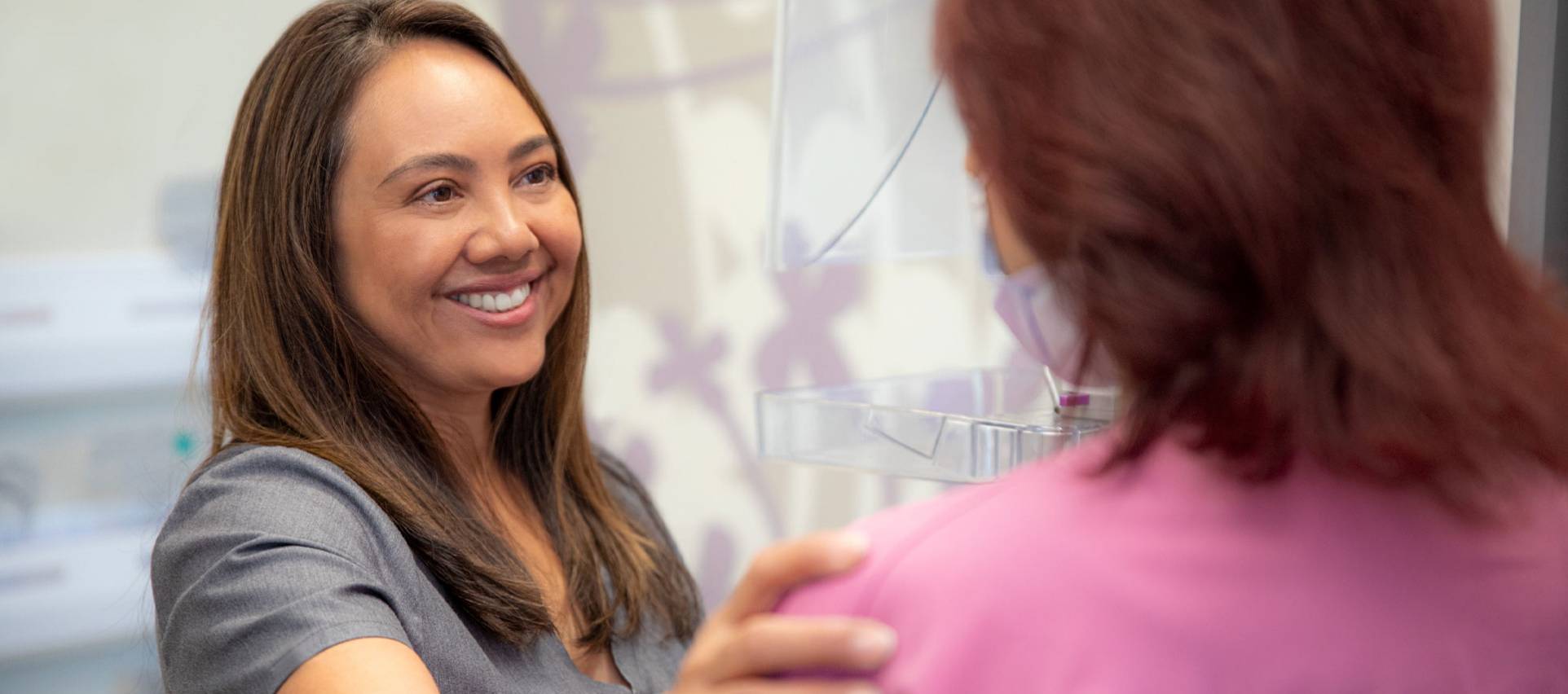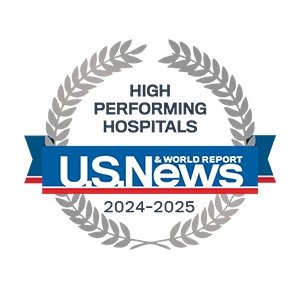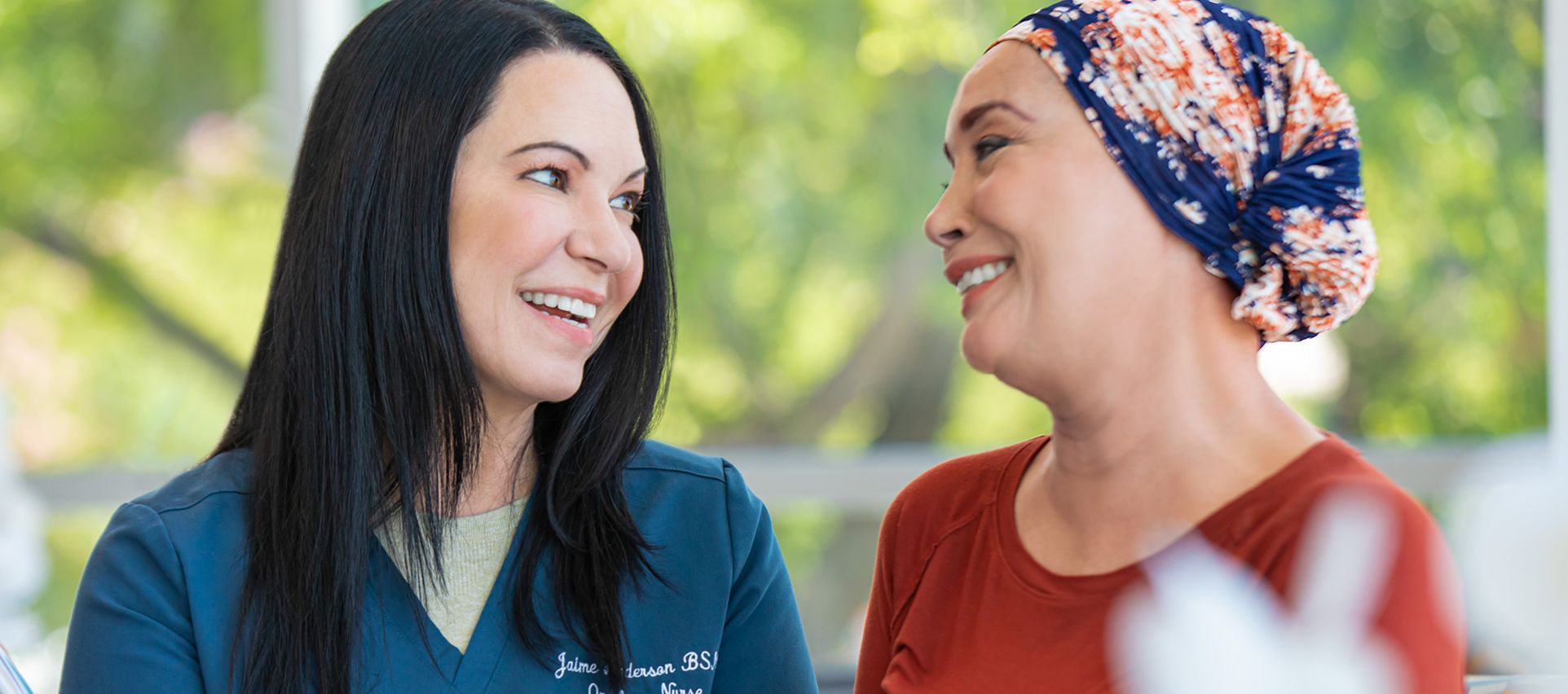Explore Our Services
Enter a treatment or service you are looking for. Or View All Services
Information for
Patients & Visitors
Making A Difference
We're able to provide the most current technology and new, updated, and expanded services thanks to the generous support of our donors. You can help us achieve our goal of offering the best possible healthcare to our community with an online donation, annual or major gifts, or by becoming a member.
Career Opportunities
Become a part of the San Antonio Regional Hospital Care Team.
Search & Apply for Open Positions












